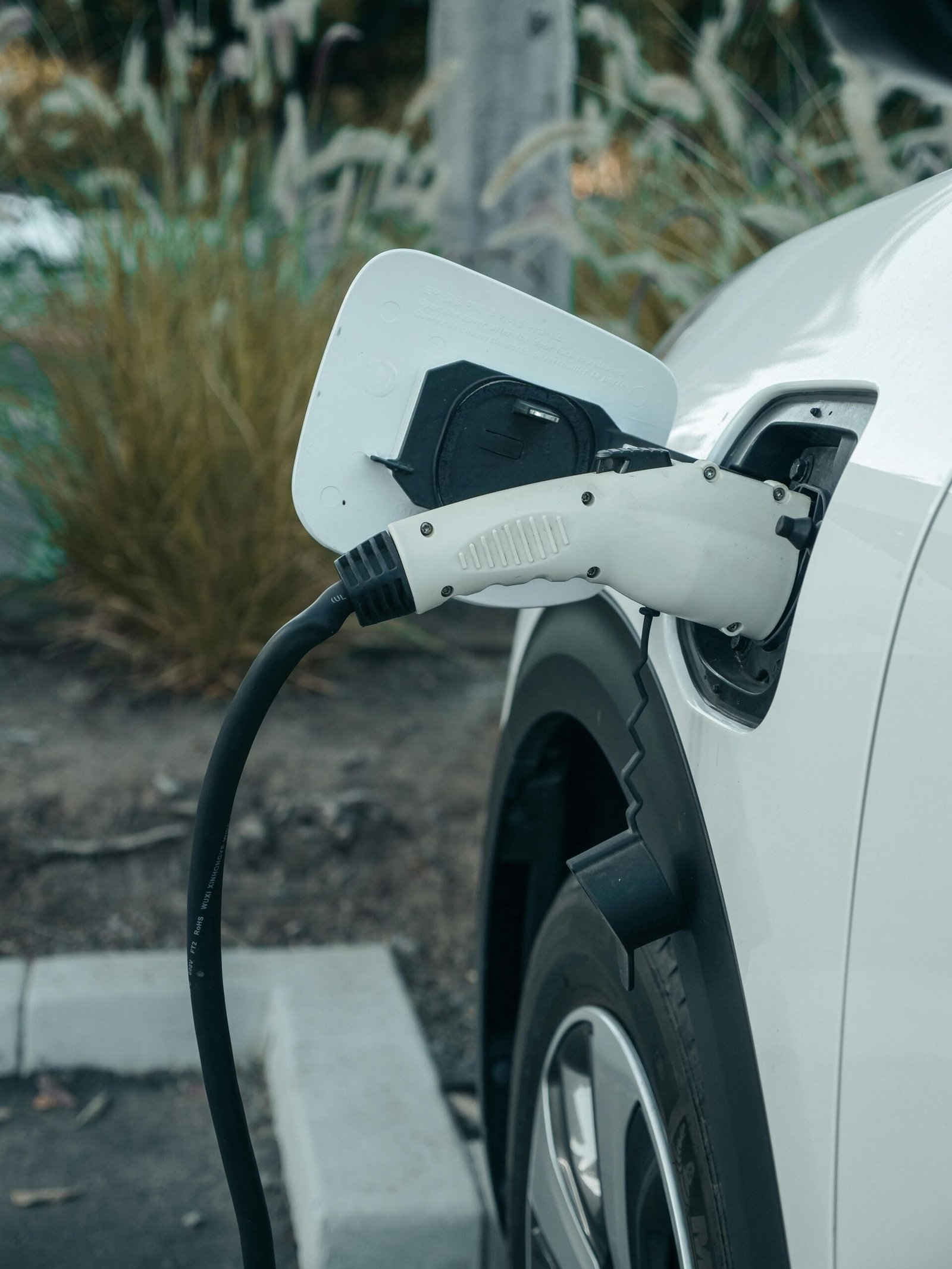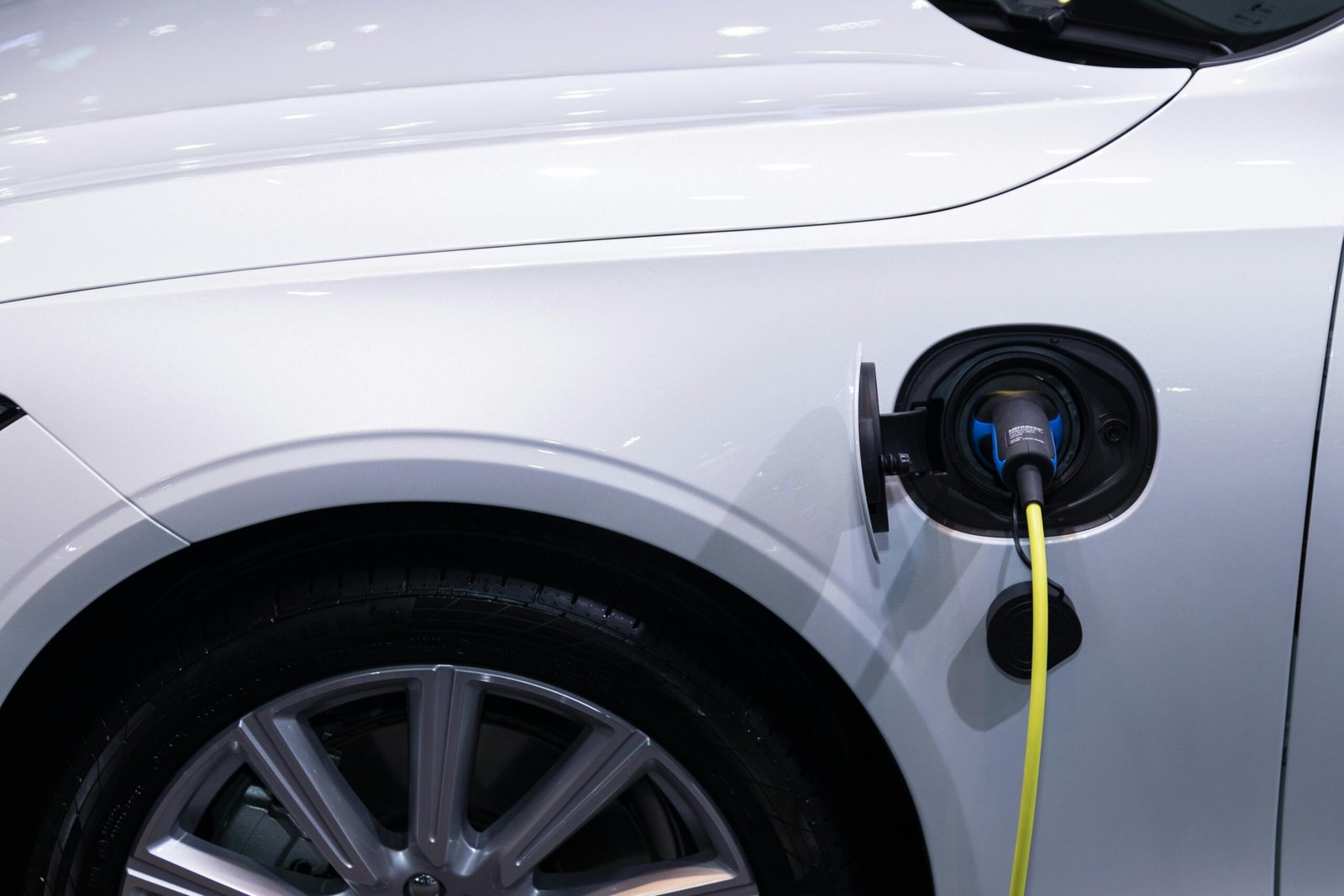EV Battery Replacement Costs in 2025: Insurance Coverage, Warranties, and What to Expect
🔋 The Heart of Every EV: The Battery
In 2025, electric vehicles (EVs) are more popular than ever. But their core component—the lithium-ion battery—remains both the most valuable and vulnerable part of the vehicle.
Battery replacements are rare in the first few years, but when they’re needed, costs can exceed $10,000–$25,000, depending on make and model.
💸 Average Battery Replacement Costs in 2025
| EV Model | Approx. Replacement Cost |
|---|---|
| Tesla Model 3 | $13,000 – $17,000 |
| Hyundai Ioniq 5 | $11,000 – $14,000 |
| Volkswagen ID.4 | $10,000 – $15,000 |
| Rivian R1T | $18,000 – $24,000 |
| Nissan Leaf (40 kWh version) | $6,000 – $9,000 |
| BYD Atto 3 | $8,000 – $10,000 |
⚠️ Note: Labor and calibration can add $1,000–$3,000 on top of part costs.
🧾 Why Are Batteries So Expensive?
- Raw materials: Lithium, cobalt, and nickel prices have risen globally.
- Complexity: EV batteries require professional installation and calibration.
- Size matters: Bigger range = more battery cells = more cost.
- Safety protocols: Specialized tools and safety steps are mandatory.
🛡️ Will Your Insurance Cover It?
Only sometimes. It depends how the battery was damaged:
| Cause of Damage | Covered? |
|---|---|
| Accident (collision) | ✅ Yes, if you have collision coverage |
| Fire, flood, or theft | ✅ Yes, if you have comprehensive coverage |
| Gradual degradation (capacity loss) | ❌ No – considered wear and tear |
| Manufacturing defect | ❌ No – handled by warranty |
| Road debris impact | ⚠️ Maybe – depends on policy fine print |
💡 Call your provider and ask about “battery-specific riders” or endorsements.
📜 Manufacturer Warranties in 2025
Most EV manufacturers offer 8–10 years or 100,000–150,000 km battery warranties. Here’s a quick breakdown:
| Brand | Battery Warranty Coverage |
|---|---|
| Tesla | 8 yrs / 160,000 km (70% retention) |
| Hyundai/Kia | 10 yrs / 160,000 km (unlimited if original owner in US) |
| Nissan | 8 yrs / 160,000 km |
| BMW | 8 yrs / 100,000 km |
| BYD | 8 yrs / 150,000 km |
🔋 Some warranties also cover battery defects, thermal runaway, and charging failures.
🧠 Warning Signs Your Battery Might Be Failing
- Range drops significantly (more than 30% in 1 year)
- Takes longer to charge or charges inconsistently
- Vehicle enters “limp mode” frequently
- Battery warning light or overheating alerts
- Poor performance in cold weather
Don’t ignore these signs—delaying inspection could void your warranty.
🧰 How to Extend EV Battery Life
Even if you’re covered, avoiding replacement is still best.
Top Tips to Protect Battery Health:
- Avoid charging to 100% daily; aim for 80–90%
- Limit fast charging when not necessary
- Don’t let battery drop below 10% often
- Park in shade or climate-controlled environments
- Use battery preconditioning in cold weather
⏳ With proper care, most EV batteries last 10–15 years.
💡 Alternatives to Full Replacement
If your battery is only partially degraded:
- Module replacement: Some EVs allow changing just a few damaged cells
- Reconditioning programs: Manufacturers may offer diagnostics + partial upgrades
- Battery leasing: In some markets (France, China), battery costs are separated from vehicle ownership
📉 Will a Battery Issue Reduce Your Car’s Resale Value?
Yes—if the battery is out of warranty or showing high degradation, expect resale value to drop 15–30%.
🔍 Pro tip: Ask for an official battery health report before buying or selling a used EV.
✅ Final Thoughts
Replacing an EV battery in 2025 is no small expense—but understanding your warranty, insurance, and driving habits can make all the difference.
Before buying an EV:
- Check warranty terms
- Ask your insurer about battery coverage
- Learn smart charging habits
Your battery is the engine of your EV. Treat it with care—and it’ll take you further, longer, and cheaper.




